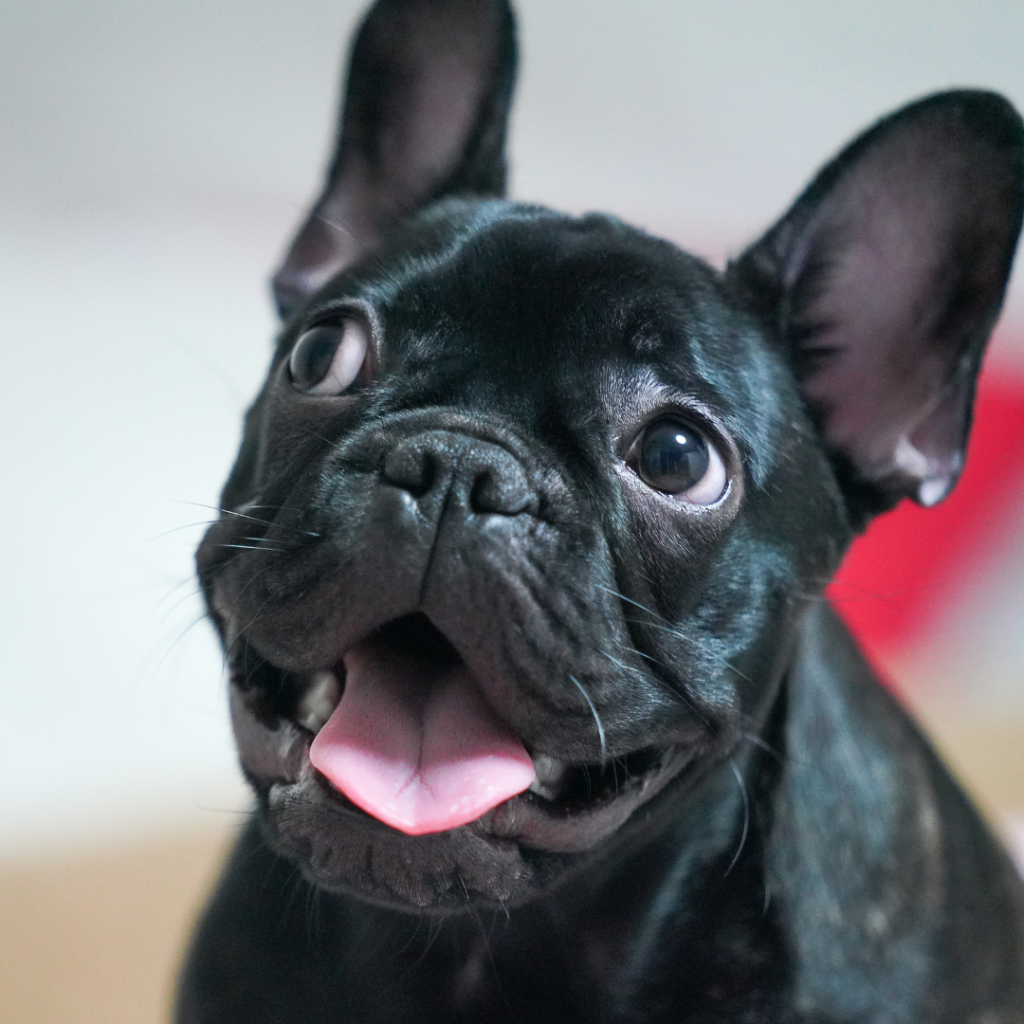
Squishy faces, short noses, wrinkly skin, adoring eyes, it’s no wonder breeds like French Bulldogs, British Bulldogs, Pugs and Persian cats are becoming increasingly popular. But along with their adorable looks these breeds do come with some possible medical concerns that owners and potential owners should be aware of.
Brachycephalic means “short headed” and it refers to dog and cat breeds that have a short nose and flat face. Some popular Brachycephalic breeds include;
- Pug
- French Bulldog
- British Bulldog
- Boxer
- Bull Mastiff
- Japanese Chin
- Lhasa Apso
- Chihuahua
- Boston Terrier
- Shih Tzu
- Persian
- British Shorthair
- Himalayan
Brachycephalic pets are faced with a number of health concerns that result from their abnormal head/skull formation which then determines the formation of their facial features including eyes, nose, mouth and airways. Brachycephalic breeds are at an increased risk of a number of different medical problems including;
- Eye problems due to shallow eye sockets which can result in ineffectual eyelid closing, infections, drying out of the eyes, cornea irritations, ulcers, watery eyes and the chance of bulging or eyes popping out of the socket.
- Dental issues due to overcrowding of teeth
- Skin infections due to the folded skin
- Heat intolerance and inability to pant effectively
- Difficulty swallowing due to narrow trachea or blockages in trachea
- Breathing difficulties due to elongated soft palate, abnormal nostrils and trachea blockages and collapse.
The most concerning issue faced by brachycephalic breeds is the breathing difficulties which can have an extremely detrimental effect on their overall health and become life threatening. Brachycephalic obstructive airway syndrome (BOAS) is a condition faced by these pets which refers to a number of upper airway abnormalities. Pets suffering with BOAS may be affected by one or a combination of abnormalities including;
- stenotic nares – small or narrow nostrils
- extended nasopharyngeal turbinates – when the nasal turbinates extend past the nose into the pharynx
- an elongated soft palate – when the soft palate is too long for the mouth
- laryngeal collapse – when the larynx does not open as wide as it should
- a hypoplastic trachea – narrower trachea than normal
- everted laryngeal saccule – when laryngeal sacs turn outward or are sucked into the airway
Signs and symptoms of BOAS include;
- Noisy breathing, snorting or snoring
- Wheezing sound (strider)
- Open mouthed breathing
- Extending of neck or keeping head elevated when sleeping
- Difficulty breathing during exercise, heat or humidity
- Coughing, gagging, vomiting
- Insufficient panting
- Overheating
- Fainting or collapse, particularly after exercise
If you have a Brachycephalic pet it is important to have them routinely checked by your veterinarian throughout their life. Your veterinarian will be able to advise the best course of treatment and/or management of any abnormalities or conditions. Some dog’s will require one or multiple surgeries to correct various BOAS related abnormalities if they are affecting the dog’s health. Dog’s with milder symptoms may be able to manage without surgery by controlling exercise, avoiding heat and humidity, by lowering stress and maintaining a healthy weight. Medications including corticosteroids and non-steroidal anti-inflammatories and oxygen therapy may also be used to control symptoms. As always, early intervention is always best so if you notice any abnormalities or are concerned about your pets health please seek veterinary advice.
Want to know more about Brachycephalic pets? Tune in to the myPET Podcast – Brachycephalic Dogs; Short faces, squished noses, cute but problematic!
Originally published in myPET Magazine Issue 20, Winter/Autumn 2020
Read all past issues of the myPET Magazine here.
